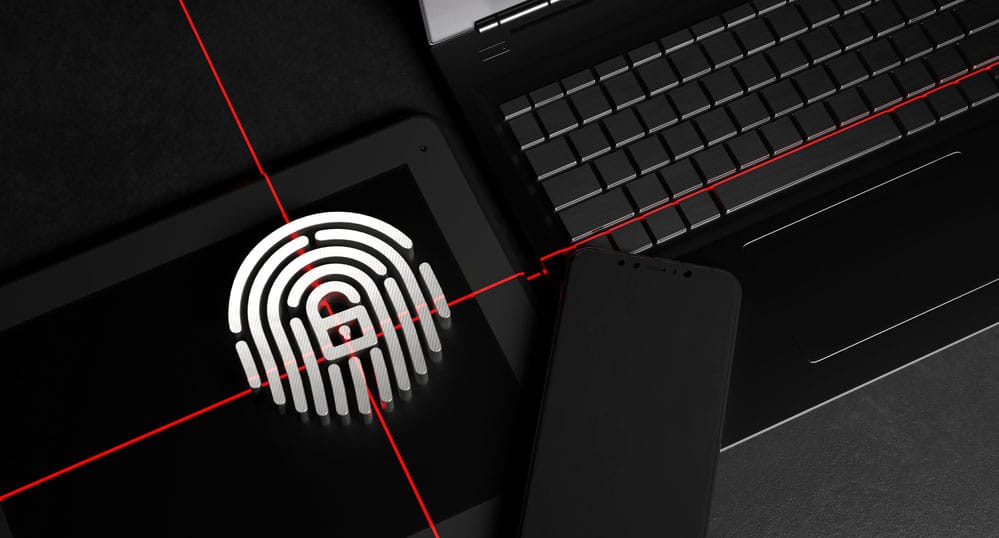Beyond Borders: Global Data Breaches and the Need for Robust Cybersecurity

The internet has become a staple in our daily lives, and with it, the need for cybersecurity has become more important than ever. The increasing amount of sensitive information being stored online has made it a prime target for hackers and cybercriminals, which is why cybersecurity has become such a vital aspect of our online activity.
Cybersecurity is the practice of protecting computer systems and networks from digital attacks, theft, and damage. It includes the use of hardware and software technologies to safeguard against unauthorized access and protect sensitive data. The field of cybersecurity is broad and includes various subfields, such as network security, information security, and application security.
Network security involves securing the infrastructure of computer networks. This can include protecting the hardware, software, and communication channels that make up the network. Network security measures can include firewalls, intrusion detection systems, and virtual private networks (VPNs).
Information security is the practice of protecting digital information from unauthorized access, use, disclosure, disruption, modification, or destruction. Information security measures can include access controls, encryption, and backup and recovery systems.
Application security involves securing software applications and computer programs. This can include protecting against vulnerabilities that could be exploited by hackers or malicious software. Application security measures can include code reviews, testing, and patching.
One of the biggest challenges of cybersecurity is the human factor. Employees can unintentionally cause security breaches by clicking on malicious links, sharing passwords, or failing to keep their software up to date. Therefore, educating employees on proper cybersecurity practices is crucial for preventing data breaches.

In addition to employee education, cybersecurity requires the use of advanced technologies and tools. These can include firewalls, antivirus software, intrusion detection systems, and encryption software. These tools work together to protect against digital attacks and unauthorized access.
Another important aspect of cybersecurity is incident response. Even with the best cybersecurity measures in place, data breaches can still occur. Therefore, having a plan in place for responding to cyber-attacks is critical. This can include steps such as containing the breach, identifying the source of the attack, and notifying affected parties.
Data breaches can happen to anyone, anywhere, and at any time. According to Next DLP, 64% of all data losses occur in the United States. It is important to note that data breaches are not limited to a specific location or industry. From 2021 to 2022, a record 5,212 global businesses experienced confirmed data loss. Industries ranging from financial services to healthcare and public administration have been impacted by data breaches. Hackers and spammers are also actively targeting the transportation industry.

Next DLP also provides a visualized breakdown of the world’s largest data breaches by country and by state, throughout the United States and throughout human history. In 2022 alone, more than 15 million data records were stolen in the US (through November). According to the data, the top five states with the most data losses in order of magnitude are California, Oregon, Maryland, Georgia, and Virginia.
The primary causes of data loss are human error, malware attacks, and unexpected events. Human error, such as accidental deletion or lack of training, is the single biggest culprit when it comes to data loss. Malware attacks, such as phishing or ransomware, and unexpected events, such as hardware failure or natural disasters, also contribute to data loss.

Cybersecurity is not just important for individuals and businesses; it is also critical for national security. The United States government has identified cybersecurity as a top priority and has implemented various initiatives to protect against cyber threats. The Department of Homeland Security’s Cybersecurity and Infrastructure Security Agency (CISA) is responsible for protecting the nation’s critical infrastructure from cyber threats.
In conclusion, safeguarding against data loss and protecting sensitive information has become a paramount concern in today’s digital world. Cybersecurity, encompassing network security, information security, and application security, is a multifaceted field that requires a combination of advanced technologies, employee education, and incident response plans. The human factor remains a significant challenge, with human error being the leading cause of data loss. However, with the increasing frequency and magnitude of data breaches, it is crucial for businesses to prioritize cybersecurity to prevent potential financial, legal, and reputational damages.

Moreover, data breaches are not limited to specific industries or regions, as evidenced by the alarming number of data losses occurring globally and across various states in the United States. By proactively addressing cybersecurity concerns and implementing effective safeguards, businesses can mitigate the risks of data loss and protect their valuable assets from cyber threats in the ever-evolving digital landscape.
Written by Brian Wallace.
Have you read?
Best Fashion Schools In The World.
Best Business Schools In The World.
Best CEOs And C-Suite Executives In The World.
World’s Most Influential and Innovative Companies.
World’s Best Hospitality And Hotel Management Schools.
Bring the best of the CEOWORLD magazine's global journalism to audiences in the United States and around the world. - Add CEOWORLD magazine to your Google News feed.
Follow CEOWORLD magazine headlines on: Google News, LinkedIn, Twitter, and Facebook.
Copyright 2025 The CEOWORLD magazine. All rights reserved. This material (and any extract from it) must not be copied, redistributed or placed on any website, without CEOWORLD magazine' prior written consent. For media queries, please contact: info@ceoworld.biz








